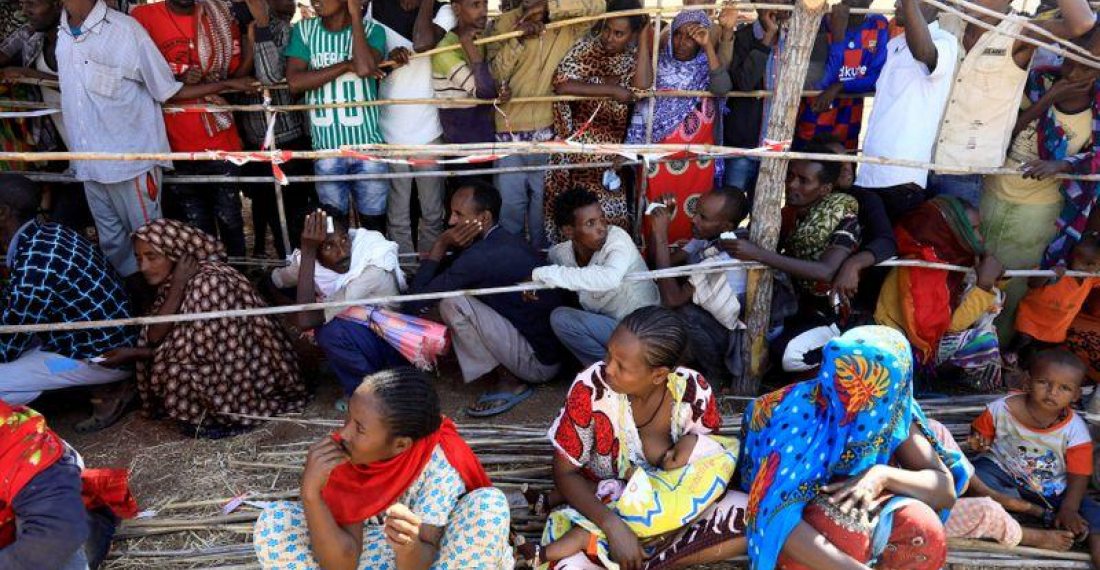The European Union has suspended its budget support for Ethiopia due to the worsening humanitarian crisis following the military campaign in Tigray region. The suspension of the support will be in place until humanitarian agencies are granted access to people in need of aid in the northern Tigray region. The support package amounts to 88 million euro.
The EU has provided 815 million euros of development aid to Ethiopia over the past seven years, on top of 409 million euros of project aid, focused mainly on supporting refugees and host communities in the country.
In a blog post discussing the Tigray crisis, Josep Borrell, High Representative of the European Union, spoke about the desperate humanitarian situation in Tigray and said that the military operation that had been ongoing for over two months goes beyond the scope of an internal ‘law and order’ operation.
For more than two months, conflict has been raging in the Tigray region in Ethiopia. The situation is desperate for the local population and the conflict is unsettling dynamics both within Ethiopia and the whole region. I have passed a clear message to the Ethiopian leadership: we are ready to help, but unless there is access for humanitarian aid operators, the EU cannot disburse the planned budget support to the Ethiopian government.
At the end of November, Prime Minister of Ethiopia, Abiy Ahmed, said that the military campaign was over but fighting continues in various parts of Tigray, according to the United Nations.
Borrell also spoke about the regional spillovers of the conflict.
“Moreover, there are regional spill-over effects of the conflict, with for instance Eritrean troops being involved in the military operations in Tigray and with Ethiopian troops being withdrawn from Somalia,” Borrell said.
In regards to the escalation with Sudan, Borrell said there needed to be a de-escalation of tension between Ethiopia and Sudan.
Ethiopia has said it is running out of patience with Sudan’s continued military build-up in an area populated by Ethiopian farmers on the Sudanese side of their disputed border.
Sudan’s foreign ministry said this week that an Ethiopian military aircraft had crossed the border in a “dangerous and unjustified escalation”.
Read the EU High Representative's full blog post here.







